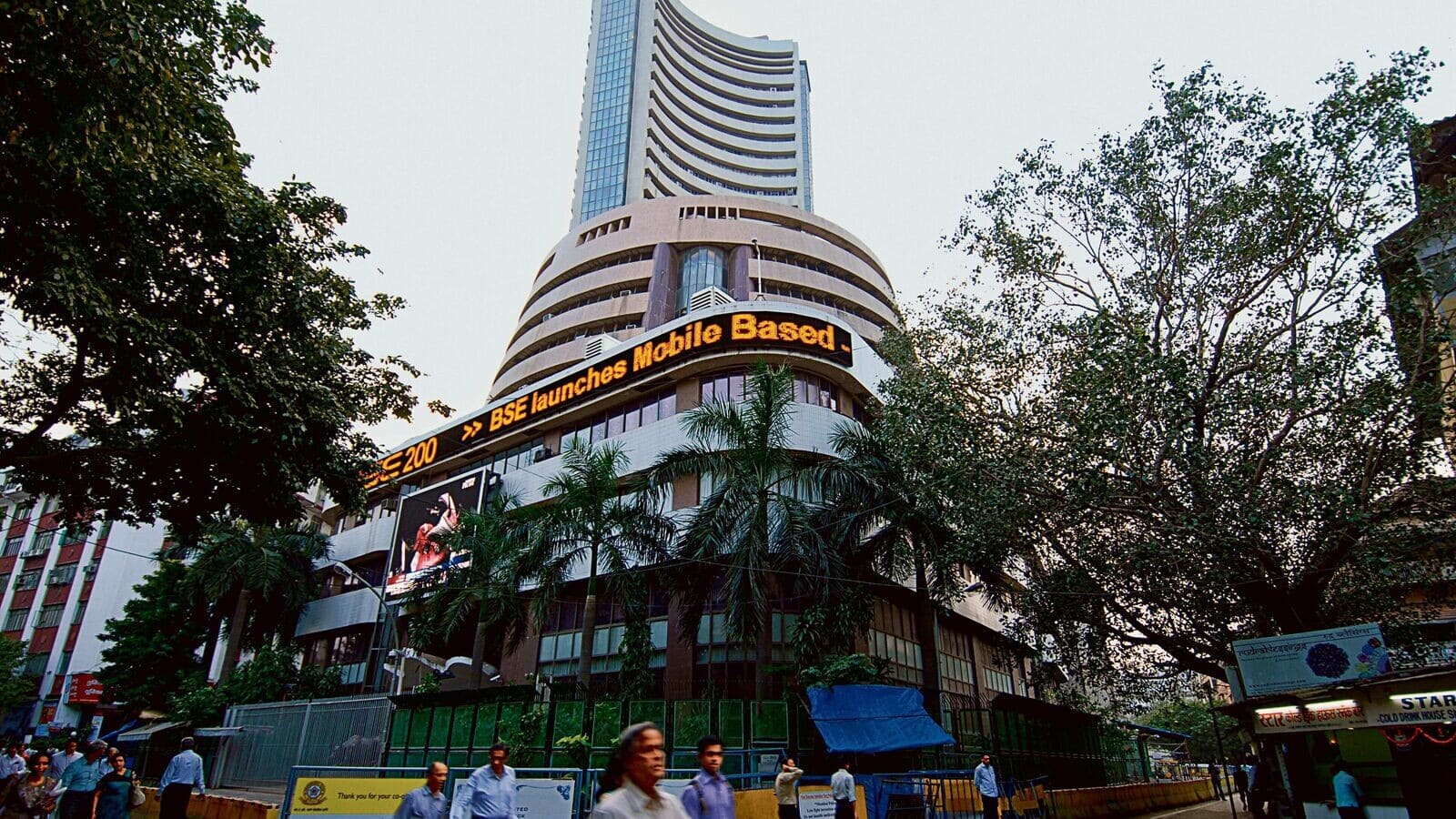Important update for investors: Key stock market changes effective today
What's the story
Starting today, India's financial markets are seeing some big changes. The National Stock Exchange (NSE) and Bombay Stock Exchange (BSE) have rolled out new transaction fees for brokers across different segments.
Plus, the government has introduced a new tax regime for share buybacks, treating them as dividends.
Oh, and the securities transaction tax (STT) on Futures & Options (F&O) trading has been hiked too.
Fee revision
NSE, BSE announce uniform transaction fees for brokers
The NSE and BSE have announced new transaction fee structures for the cash and derivatives segments.
For trades in the cash market, NSE will charge a fee of ₹2.97 per lakh of traded value on each side.
In equity futures, the fee will be ₹1.73 per lakh on each side, while for equity options it will be ₹35.03 per lakh of premium value.
BSE changes
BSE revises transaction fees for Sensex, Bankex options contracts
On the BSE, the transaction fees for Sensex and Bankex options contracts will rise to ₹3,250 per crore of premium turnover value.
However, the transaction charges for other contracts in the equity derivatives segment remain unchanged.
For Sensex 50 options and stock options, BSE charges a transaction fee of ₹500 per crore of premium turnover.
There is no transaction fee applicable for index and stock futures.
Tax shift
New tax regime for share buybacks implemented
Starting today, income from share buybacks will be taxed as dividends.
This means the tax burden is now shifting from companies to shareholders, who will pay taxes based on their personal income tax brackets.
Earlier, share buybacks were seen as a tax-savvy method for companies to return cash to investors. But with these new changes, the focus is on letting companies keep their funds for other uses.
Tax hike
STT on F&O trading increases
The securities transaction tax (STT) on Futures and Options (F&O) trading is going up from today onward.
For futures trading, the STT will jump from 0.0125% to 0.02%. Meanwhile, the STT on options trading will rise to 0.1%.
This hike in STT is aimed at curbing retail participation in derivatives trading, which has surged in recent times.
Analysts say that the increased STT could affect market volumes and depth, which might, in turn, impact the revenues of exchanges and SEBI.
Trading update
SEBI introduces new T+2 bonus share trading framework
The Securities and Exchange Board of India (SEBI) has also updated the timeline for trading bonus shares.
Starting today, shares issued through bonus schemes will be eligible for trading just two days after the record date, thanks to the new T+2 framework.
